Category: News & Analysis
-
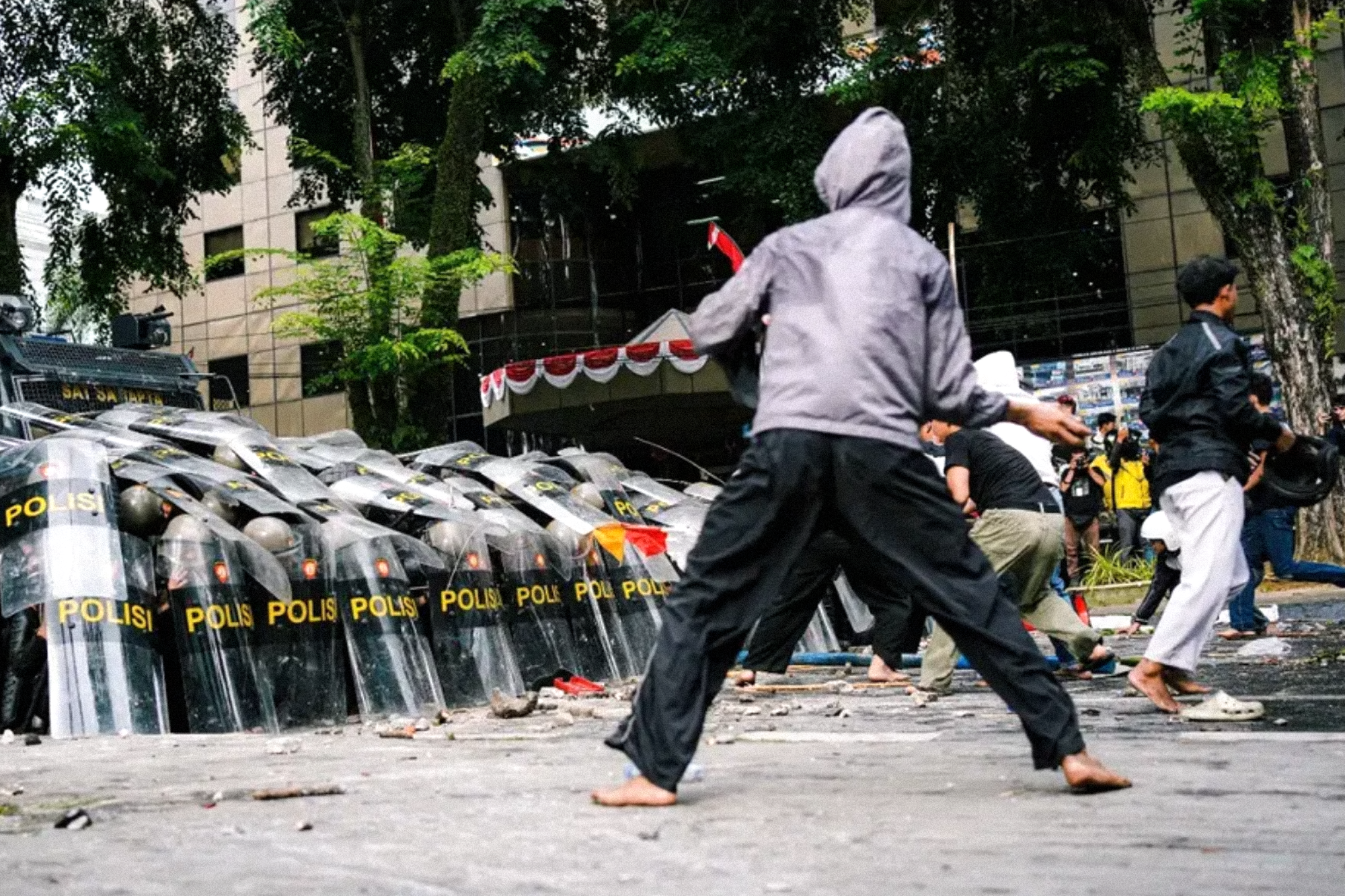
Indonesia: the wheel of revolution has turned
Within a week, what began as demonstrations with a semi-insurrectionary character have turned into an open revolutionary uprising which shows no sign of stopping. It is not only tearing down government buildings and police stations, but more importantly, it is shattering the mass stupor that has kept the people in chains. A revolution has begun.
-
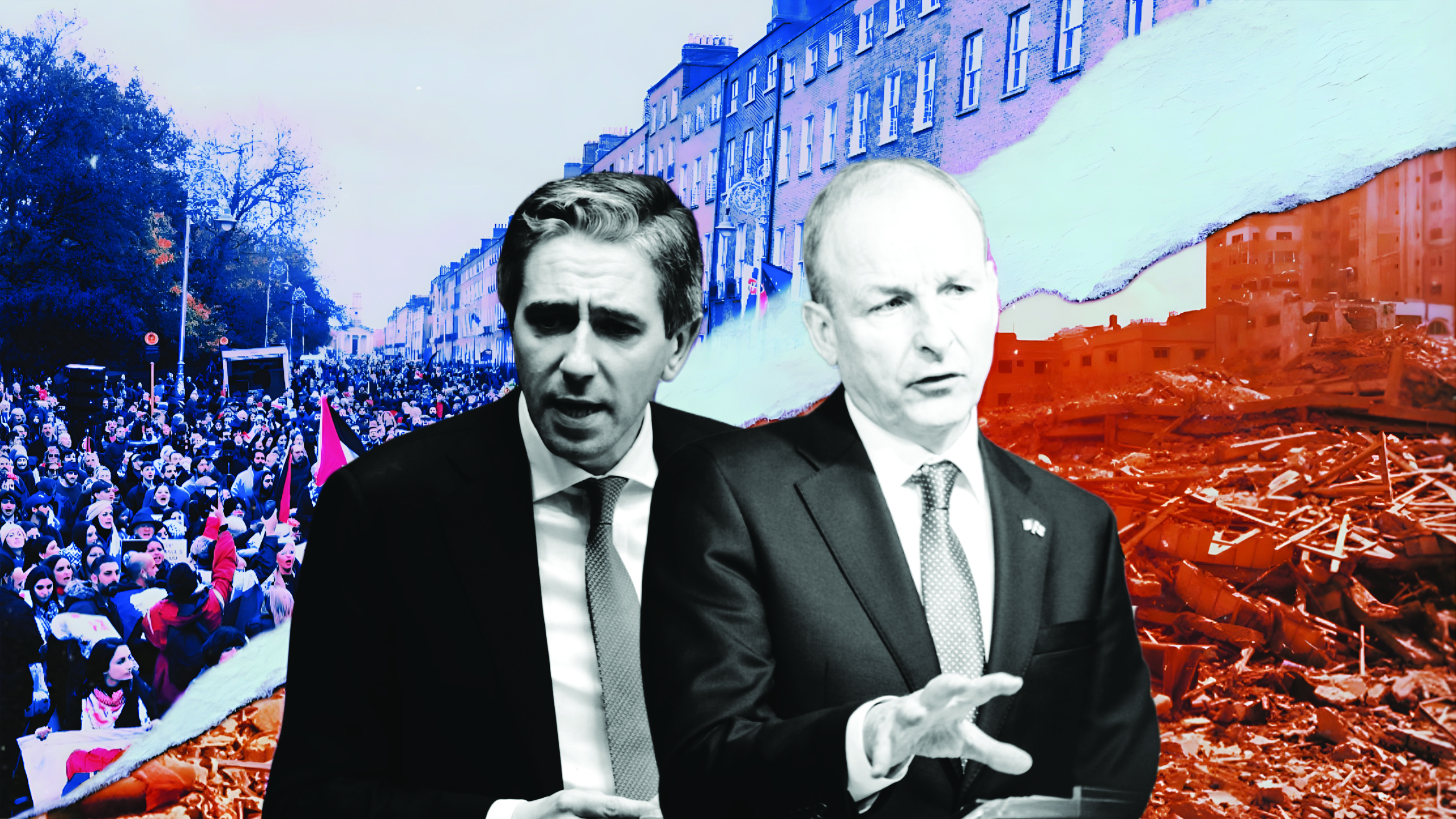
The Occupied Territories Bill de-fanged: no more trust in Leinster House!
For seven years Fianna Fáil and Fine Gael have played hide-and-seek with the Occupied Territories Bill. What began in 2018 as a stand against Israel’s oppression of the Palestinians has since been delayed, shelved, rewritten – and, most recently, gutted of all substance.
-
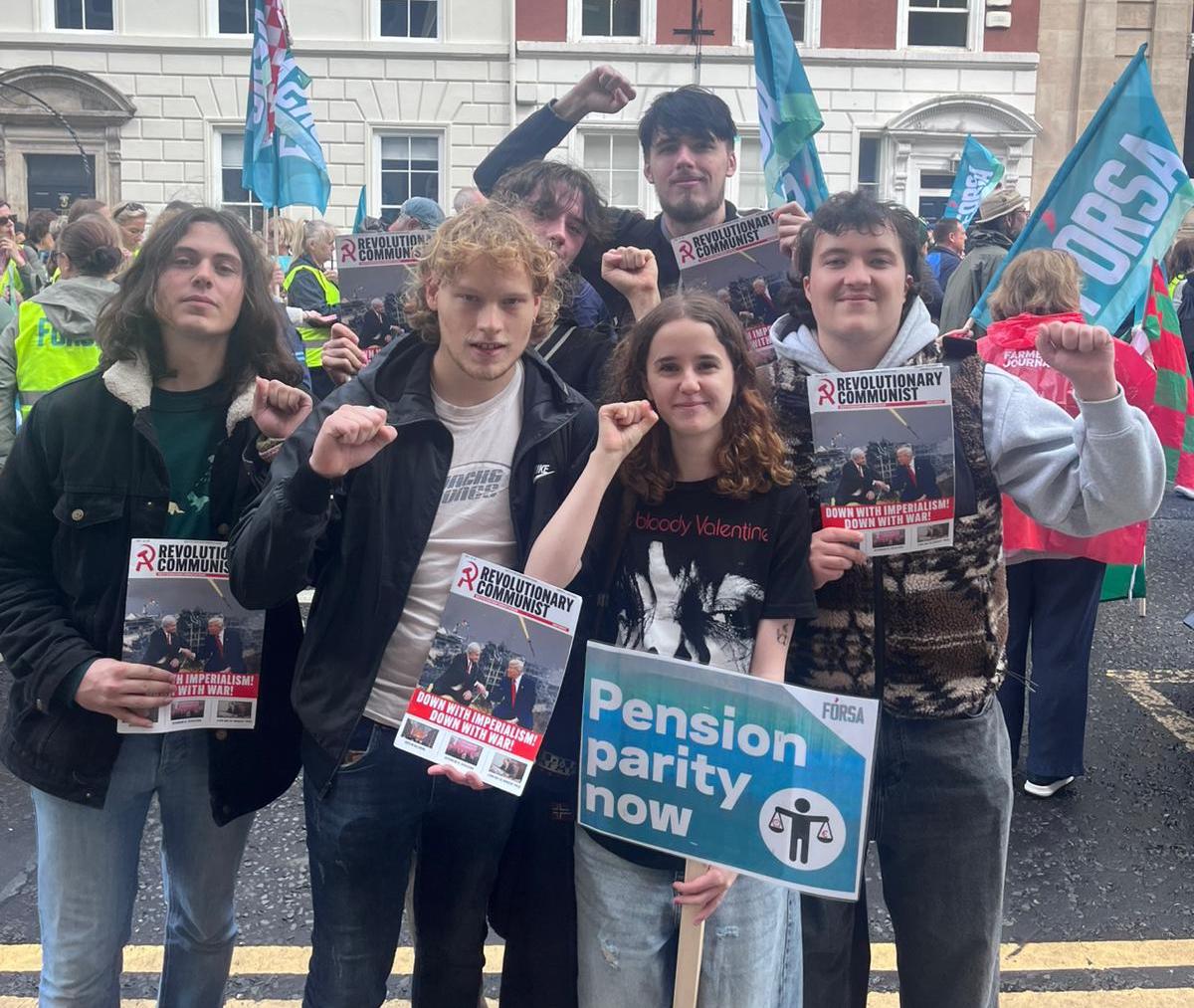
Victory to the secretaries and caretakers!
Over 2,800 school secretaries and caretakers have decided that enough is enough. They have now entered indefinite strike action. We say: victory to the secretaries and caretakers! Strike until all demands are met!
-
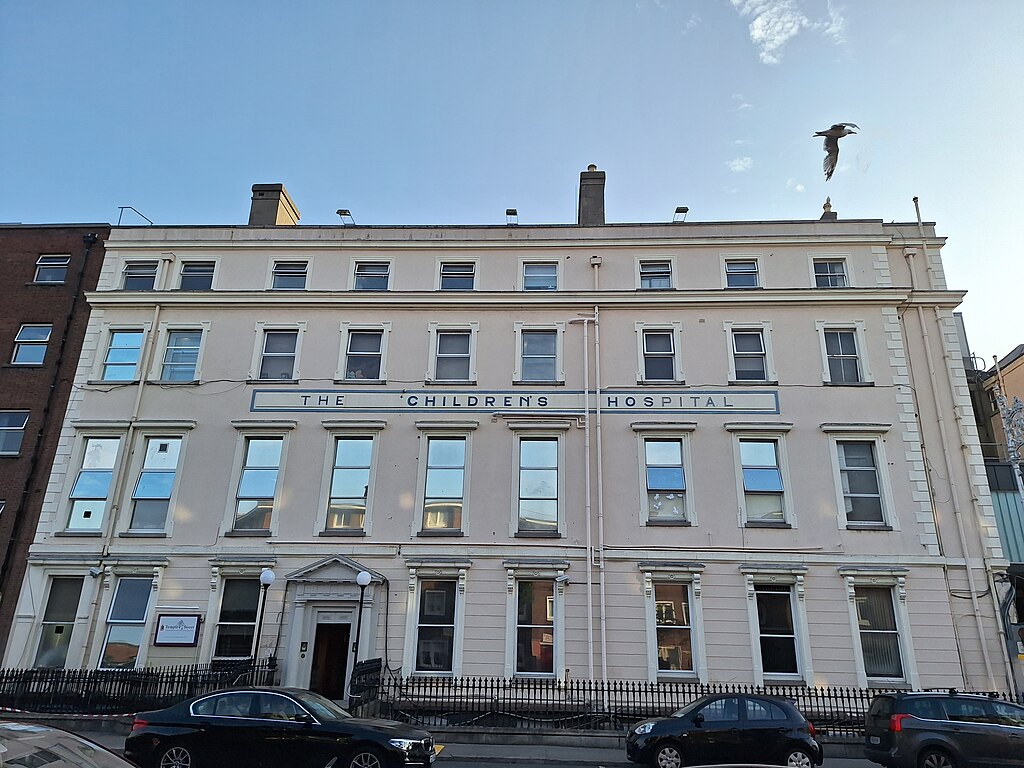
Justice for Harvey – sweep away this rotten system!
After waiting 7 years for vital spinal surgery, 9-year-old Harvey Morrison Sherratt died on 29 July. For years, his parents battled endless waiting lists, cancellations and delays – only to be met with criminal indifference and broken promises.
-
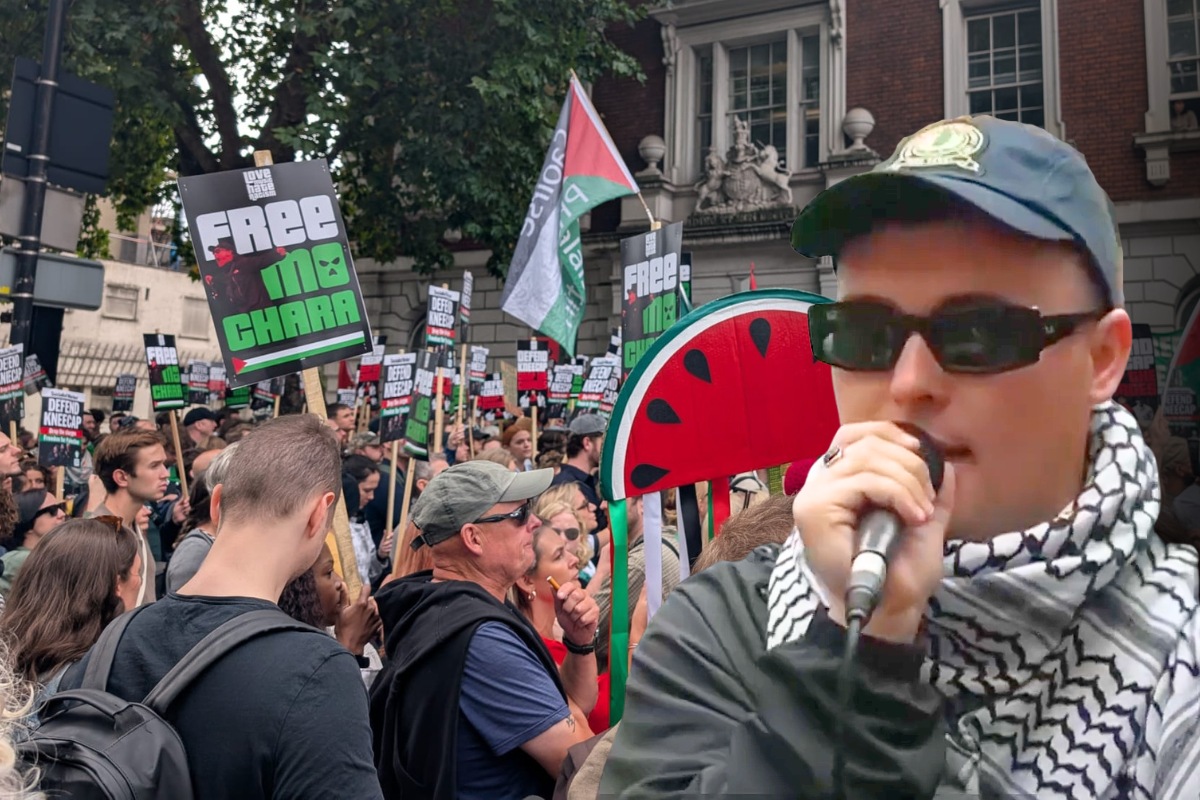
The Kneecap lads are running rings around the British state
Guess who’s back on the news, it’s your favourite republican hoods.” Kneecap, ‘Get Your Brits Out’
-
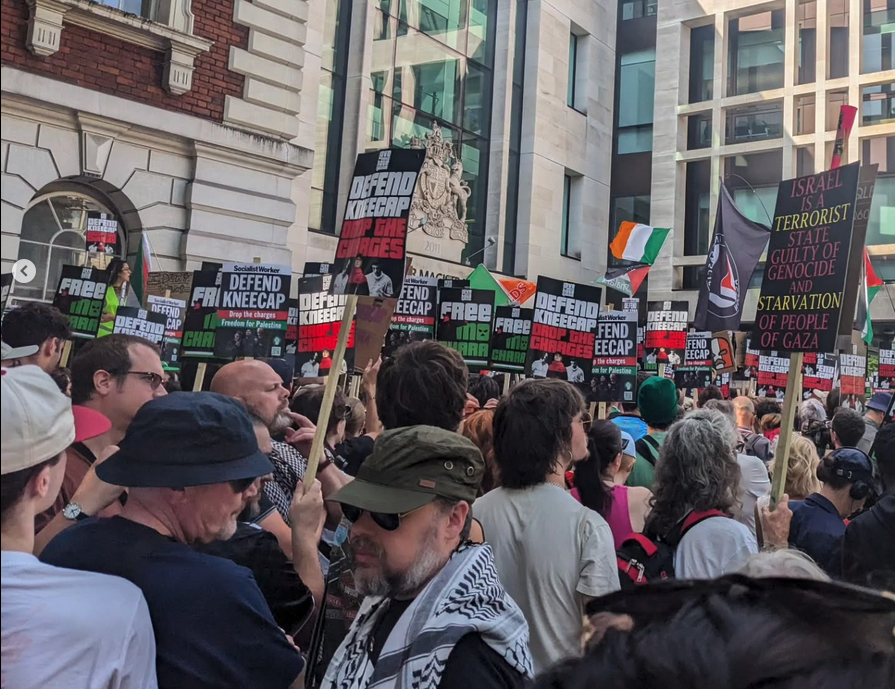
The real terrorists are the British state
The rap trio Kneecap have once again found themselves centre stage in world media headlines for their uncompromising defence in speaking truth to the ongoing genocide of Palestinians at the hands of the murderous Israeli state, backed by their imperialist allies in the West.
-

PSNI hypocrisy in Derry: UDA flags fly free, Palestine solidarity criminalised
Since British Home Secretary Yvette Cooper and her crony pals in Westminster introduced legislation that categorised Palestine Action as a terrorist organisation, there have been hundreds of arrests made across Britain and the North of Ireland.
-
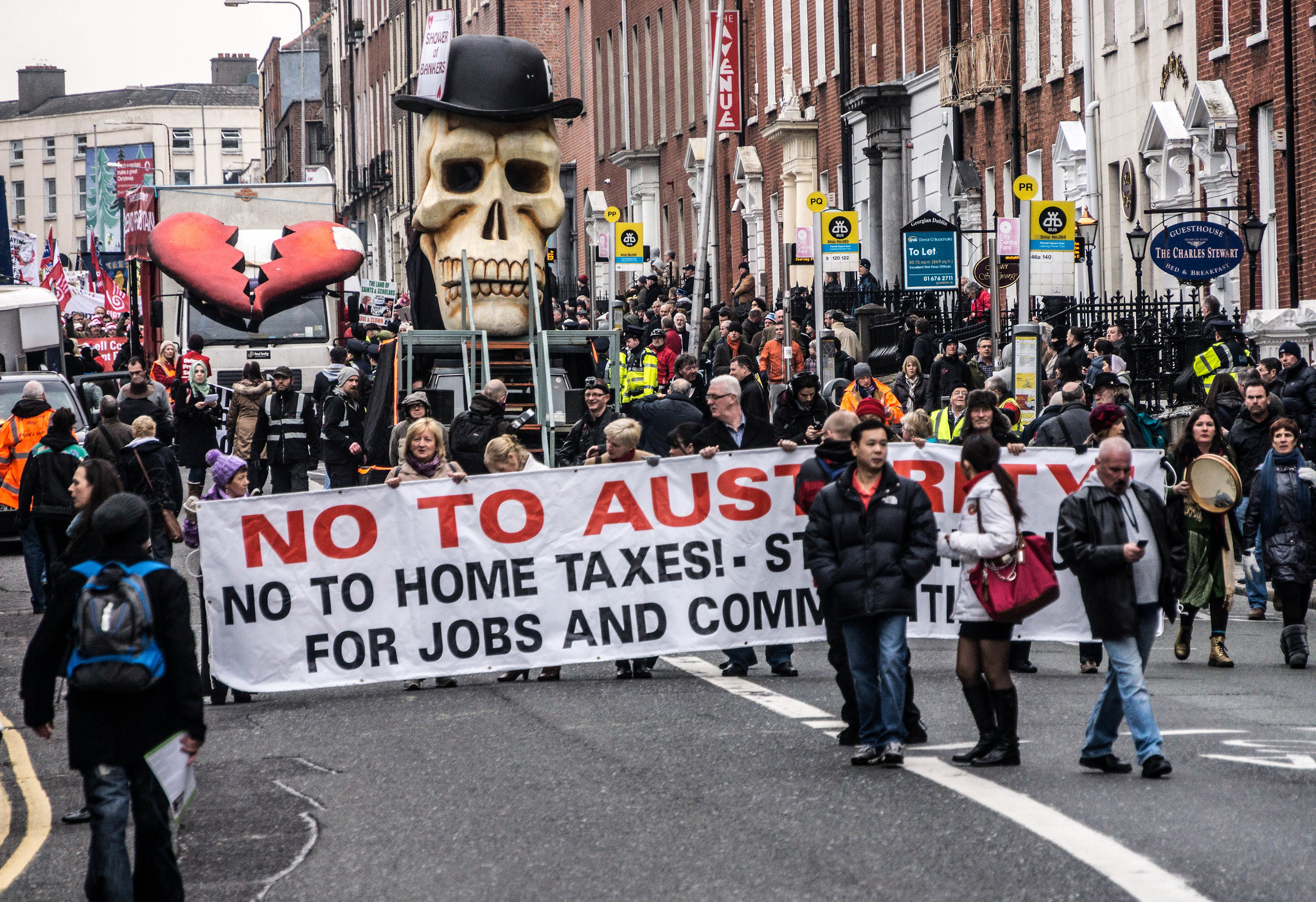
Overthrow the rich to feed our children: child poverty reaches 100,000
The number of children living in poverty nearly doubled last year, meanwhile the wealth of Ireland’s billionaires rose by €13 billion in the same period.
-
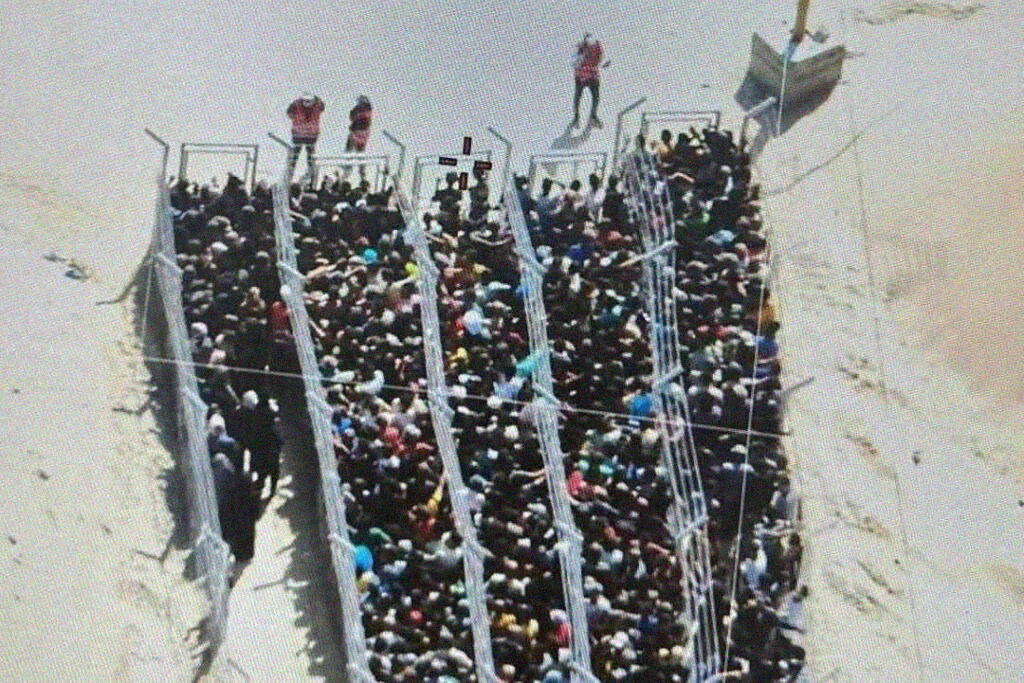
‘Humanitarian city’: Netanyahu’s ‘final solution’ for Gaza
Since breaking the ceasefire in March, Israel has aimed to render Gaza uninhabitable, to drive it towards total collapse, and thereby to prevent anyone from staying or returning.
-

Revolutionary Communist goes bimonthly – socialism or barbarism?
The Revolutionary Communist goes bimonthly! Read the editorial of issue 5 below, and set up a physical or digital subscription now. Every subscription and paper bought will help us strengthen the revolutionary press, produce more regular articles and analysis, and advance the fight for communism in Ireland today! As we go to print, an uneasy…